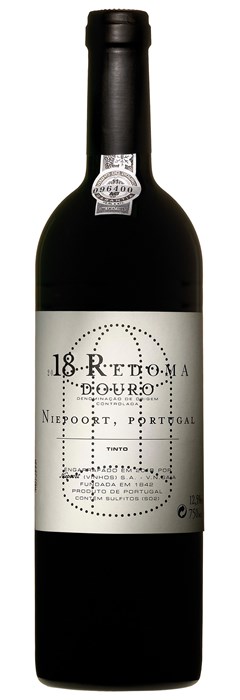Niepoort
Niepoort is one of the most respected and innovative wine producers in Portugal, recognized for both its legendary Port wines and world-class table wines from the Douro Valley. With a family history spanning over 170 years and six generations, Niepoort blends tradition with a modern approach to winemaking.
History of Niepoort Estate
Niepoort was founded in 1842 by Fransiscus Marius Niepoort, a Dutchman who moved to Portugal to establish a wine business in Vila Nova de Gaia. Initially focused on Port wine production, the estate gradually became one of the top producers of Port, earning a reputation for high-quality, age-worthy Ports.
Over the decades, Niepoort passed through five generations of the family. However, it was in the late 20th century, under the leadership of Dirk Niepoort, that the company embraced a revolutionary change. Dirk, the fifth-generation winemaker, took over in 1987 and expanded Niepoort’s vision to include dry table wines from the Douro Valley, long known only for Port production. Dirk’s passion for producing elegant, terroir-driven wines from old vines in the Douro led to the creation of some of Portugal's most renowned red and white wines.
Today, Dirk Niepoort continues to push the boundaries of innovation while maintaining respect for tradition. His efforts to promote sustainable viticulture, minimal intervention winemaking, and showcasing the unique terroir of the Douro have placed Niepoort at the forefront of both Port and dry wine production.
Region and Vineyards
The Douro Valley is one of the oldest and most distinctive wine regions in the world, known for its steep terraced vineyards carved into the slopes above the Douro River. The region’s schist soils and harsh growing conditions create a unique terroir, capable of producing both powerful, age-worthy reds and fresh, mineral-driven whites.
Niepoort sources its grapes from various old-vine vineyards, particularly in the Cima Corgo sub-region, which is known for producing wines of great complexity and balance. Some of these vineyards, such as those used for wines like Batuta and Turris, are over 100 years old, with low yields that produce concentrated and expressive fruit. The vineyards are often planted at high altitudes ranging from 400 to 800 meters, which preserves the freshness and acidity in the grapes despite the hot Douro summers.
Niepoort practices sustainable viticulture and works to preserve biodiversity within the vineyards. The estate's philosophy is based on minimal intervention, allowing the natural characteristics of the grapes and the terroir to shine through in the wines.
Wine Range
Niepoort produces a diverse range of wines, from traditional Ports to dry table wines. Their portfolio is split into several categories:
- Port Wines: Niepoort continues to be a leading producer of Port, including Vintage Port, Tawny Port, and Colheita (single-vintage Tawny). The house style emphasizes elegance, freshness, and long-term aging potential.
- Red Table Wines: Niepoort has become well-known for its Redoma, Batuta, and Charme wines, all of which are based on old-vine field blends from the Douro. These wines are celebrated for their structure, freshness, and complexity, with the ability to age gracefully.
- White Table Wines: Niepoort's Redoma Branco and Redoma Reserva Branco are among the best examples of Douro whites, offering minerality and aging potential. The Tiara and Coche wines are also key examples of the estate's focus on showcasing freshness and the region’s terroir.
- Special Projects: Niepoort is known for unique projects such as Turris, a wine made from a single 130-year-old vineyard, as well as partnerships with winemakers in other regions of Portugal and beyond, including the Mosel in Germany.
Did you know?
Dirk Niepoort is widely regarded as one of the pioneers of modern Portuguese wine. In addition to his success in the Douro, Dirk has worked on projects across Europe, collaborating with top winemakers and producing wines in regions such as Bairrada and the Mosel Valley in Germany. Niepoort is also recognized for its use of traditional methods, such as foot treading in granite lagares and aging in large, old foudres, which are hallmarks of their winemaking philosophy.





















